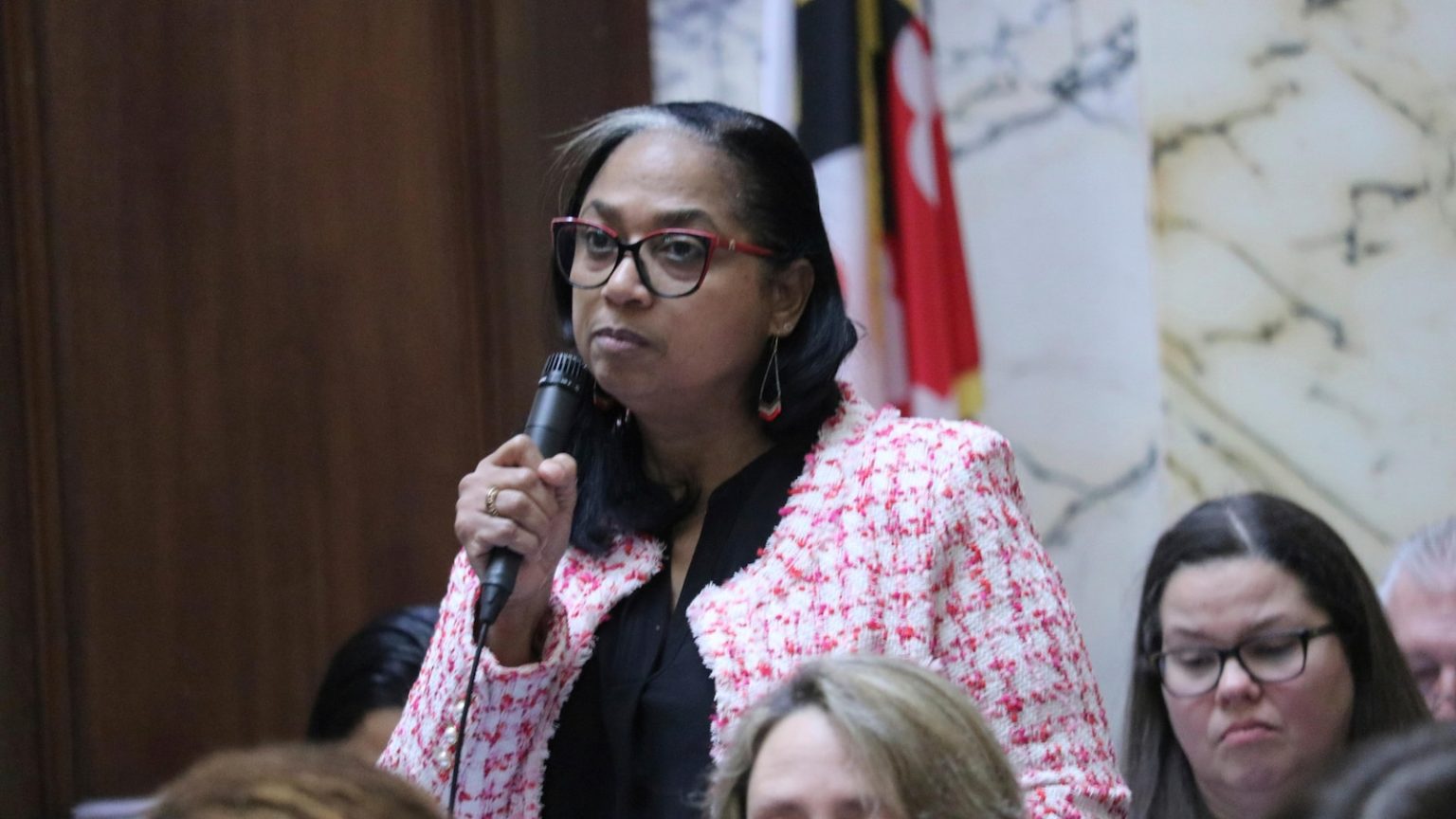The Maryland House recently passed a measure that would allow individuals to purchase health insurance through the state’s health care exchange regardless of their immigration status, pending approval of a federal waiver. The bill, which passed with a vote of 101-34, now moves to the Senate for consideration. If approved, the Maryland Health Benefit Exchange would need to submit a federal waiver application by July 1, 2025, to implement the program. This waiver is necessary due to federal restrictions on undocumented immigrants using the marketplace. The program could potentially begin as early as 2026 if the waiver is granted.
Maryland’s health care exchange was established in 2011 to provide a marketplace for individuals and small businesses to access affordable health coverage. Through the Maryland Health Connection, residents can shop for health insurance plans and compare rates. Since the exchange was created and Medicaid was expanded, the number of uninsured residents in Maryland has decreased by over 50%, from approximately 756,000 to 350,000, representing about 6% of the state’s population. Of the remaining uninsured individuals, an estimated 256,000 are undocumented immigrants.
Supporters of the measure, such as Del. Joseline Pena-Melnyk, argue that allowing undocumented immigrants to access health insurance through the exchange benefits everyone. Pena-Melnyk emphasized that these individuals work and pay taxes in the state, and providing them with health coverage is a form of preventive medicine that ultimately saves money. Without insurance, individuals often seek care in emergency rooms, resulting in higher medical costs. She stressed that this is not a free service, as these individuals will pay for their plans.
However, opponents of the measure, like Del. Mark Fisher, question the need to expand health insurance coverage to non-citizens when U.S. citizens already face challenges in accessing healthcare services. Fisher raised concerns about long wait times for doctor’s appointments and argued that citizens should not have to wait behind non-citizens for healthcare services. He criticized the concept of health equity if access to care is limited for citizens.
Pena-Melnyk countered these arguments by highlighting the financial benefits of providing health insurance to all residents, regardless of immigration status. She pointed out that hospitals spend millions of dollars each year on uncompensated care for uninsured individuals who seek treatment in emergency rooms. By extending coverage to undocumented immigrants, the state can reduce these costs and improve access to care for all residents. Pena-Melnyk also noted that Maryland has some of the worst emergency room waiting times in the nation, emphasizing the need for broader access to healthcare services.









